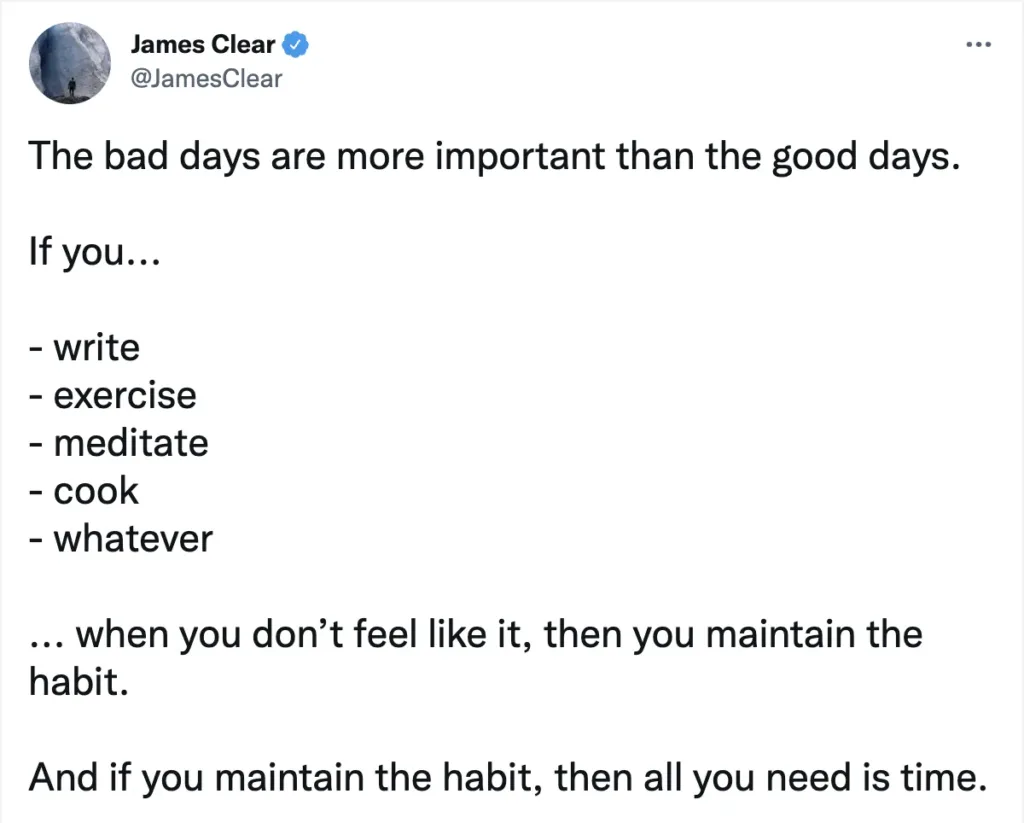How entrepreneurship changed my life

Recently I spoke at Edventure Emerge, the entrepreneurship e-conference for students and researchers. Sharing personal insights to help others on their journey is something that I am passionate about, and so below I have provided an overview of the advice that I shared.
Let’s start at the beginning as every entrepreneur has a beginning and every idea has an inception.
There is a lot of information out there for future entrepreneurs and start-ups on product development, marketing, recruiting the right people and how to get your first round of funding. But what is often overlooked and what I want to shed some light on, is how the personal life of an entrepreneur changes over time with the highs and lows your business will go through.
When I was young, I was told to get a job that pays a lot and requires as little work as possible. You should just look forward to weekends and retirement.
I felt like this was a pretty sad view on life, and asked myself why does it have to be this way?
I was actually inspired by an entrepreneur I had met who seemed to be more passionate and energetic when he was working than not working. He really changed my perspective and gave me a drive to achieve this for myself.
Initially when I was working as a freelance software engineer, I found this passion. As a freelancer you have to develop a diverse skill set to manage your own time, manage projects, but also win new customers. It is definitely more stressful than a regular job, but it was a great segway into a start-up because the skills you develop are transferable.
Whilst I was attending start-up events to win new business as a software developer, I met my Co-founder of Userlane. Our areas of expertise complimented each other, and we wanted to work within the Software as a service business model area.
Whilst working closely with businesses we were able to identify the initial problem; that there are huge pain points for businesses trying to train their employees on new software. We were regularly asked to come on-site to present powerpoints to train teams.
We wanted to be smarter than this, and looked for a way to automate the process. This was the ignition spark for Userlane.
Working towards a common mission.
Once we had a few customers on board, we raised funds through venture capital funds. However, many successful businesses have not used VC’s and have grown based on the revenue the business made, and this is also a viable option.
At the time of fundraising, I was still at University, although I was not giving this my full attention. I was faced with a decision of continuing my degree or focusing on Userlane, as I realised I couldn’t say yes to everything in life. It takes a bit of courage to take that leap, but if you have a vision you really believe in, you can take that step with confidence.
After our first investment we hired a great bunch of people who I had the pleasure of onboarding. However, all of a sudden I needed to reinvent my role as an organizer and not the one coding the product. I needed to learn how to communicate what Userlane is about to employees.
We were a small and tightly knitted team with learning and updates being regularly shared. As we grew, I wanted this transparency to remain with Userlane being open about not just the highs, but the lows. What works well and what doesn’t! This openness can help to create commitment and trust from your employees, and is something we continue to strive for, even now we have more than 100 employees.
Embrace the early days when you have the ability to speak to everyone and learn about their projects – it’s an exciting time. You can get to know each other well, and form new friendships!
We had an Xbox in the office and used to have a competitive racing game, alongside code being written, lunches and dinners being cooked together, and we created a togetherness that drove the company forward.
Building a company is more of a marathon than a sprint.

We had a successful launch, and were winning more new customers. As a start-up company though, work becomes a bottomless pit, there is always more you can put in. After around 12-15 months of long days and working through nights, I was getting sick, and it was hard for me to find energy to keep going.
I realized the best way to build a company is to be mentally and physically able to do it for decades. Building a company is more like a marathon where you adjust your pace so you can continue to achieve over a long distance. It is also about creating a mindset of not giving up, and when you reach that point you end up actually enjoying it and finding a flow.
Running or any kind of sport clears your mind like nothing else. For me, it was super healthy to build this habit of running regularly, and to do something aside from working on the start-up.
The real challenge is making time for healthy habits when you don’t think you have time. It is part of finding a balance, which is particularly helpful when you are facing extreme challenges.
Habits can be anything from writing, to exercising to meditation and even sleeping. It goes without saying that when you stay in the office too long, your sleep is affected.
Just remember that you can only make the world a better place or work on your start-up if you are there and healthy, rather than burned out.
Spending your days right, so the years will automatically take care of themselves.
In the context of a start-up, you don’t always face success – maybe a product launch hasn’t worked or you have targeted the wrong market. There are often outcomes that are out of your control, and success is never a guarantee.
I found detaching my happiness from outcomes like revenue, and number of customers was a way to redefine what success looks like to me. By focusing on doing the right thing day by day, knowing it is worthwhile and building towards a goal much larger than yourself, I think it can only lead to success.
If you take dancing as an example, it is not about finishing the dance sooner and moving onto the next, it’s about spending the time enjoying the act of dancing. It’s about dancing like nobody’s watching. It is the act of doing it that is fun. Especially when it’s hard, as pointed out by James Clear, author of the #1 NYT bestseller Atomic Habits. If you can find this fun in working on a start-up, you have found a gold mine.

m
A few practical tips to take forward in your entrepreneurship journey are:
Table of Contents
1. Fix your sleep
Too many people have broken sleep patterns. You will be a better version of yourself if you sleep for 8-9 hours a night. I find a great way to help is by not taking my phone to bed which gives me the chance to wind down my mind and body before bed.
2. Eat what’s healthy for you
You are what you eat. It depends on the individual, but planning your meals ahead is a good way to stay healthy.
3. Do a sport you like
For me it is cycling and running, but it begins with finding a sport and then breaking it down into easy to do amounts across the week. I would not have believed a few years ago that I was now one of the people who gets up early and goes for a run. It has a powerful ability to clear your mind for the day.
4. Reduce distractions
The 21st century is crazy for the body and mind. We have information overload. We need to control this so we are not distracted by social media.
5. Enjoy it while you’re doing it
The time you are spending you cannot get back. So enjoy it and don’t take life so seriously. You will make mistakes but life continues anyway.

